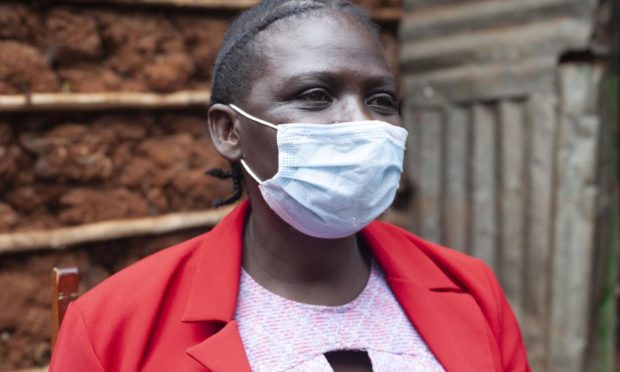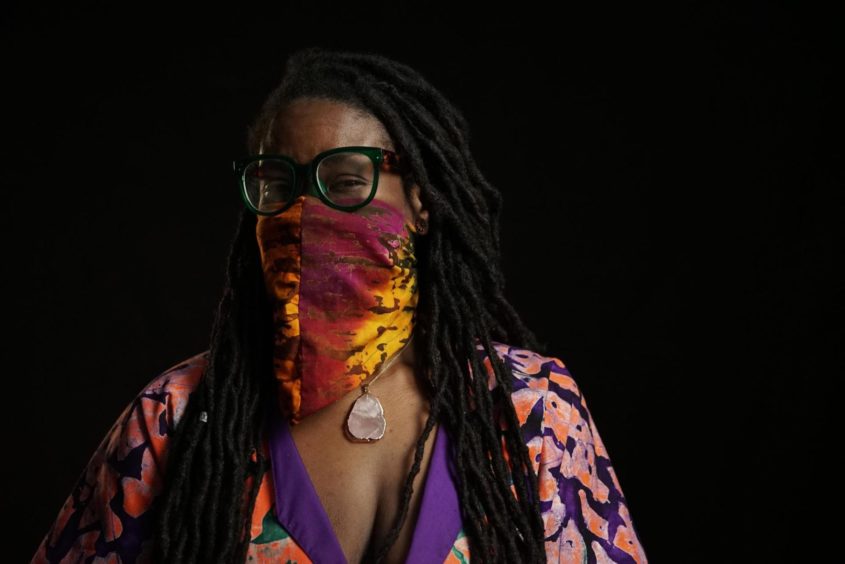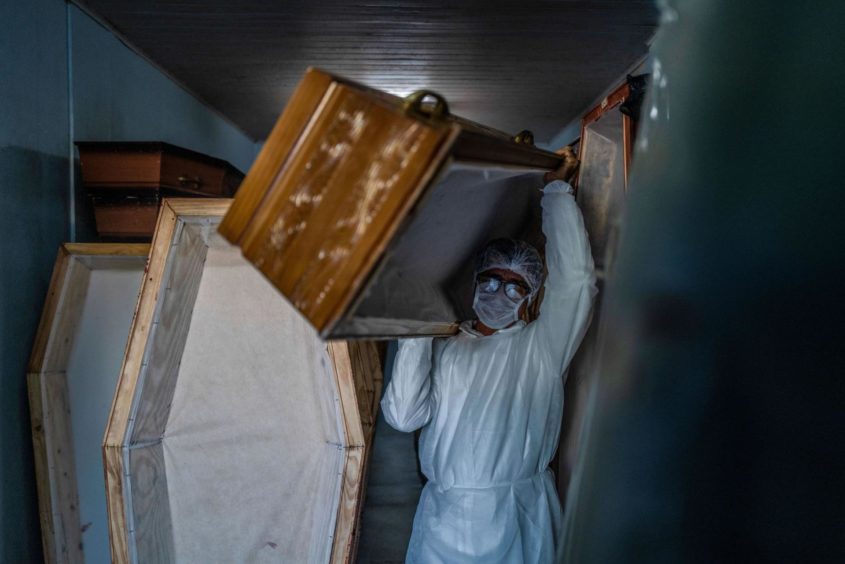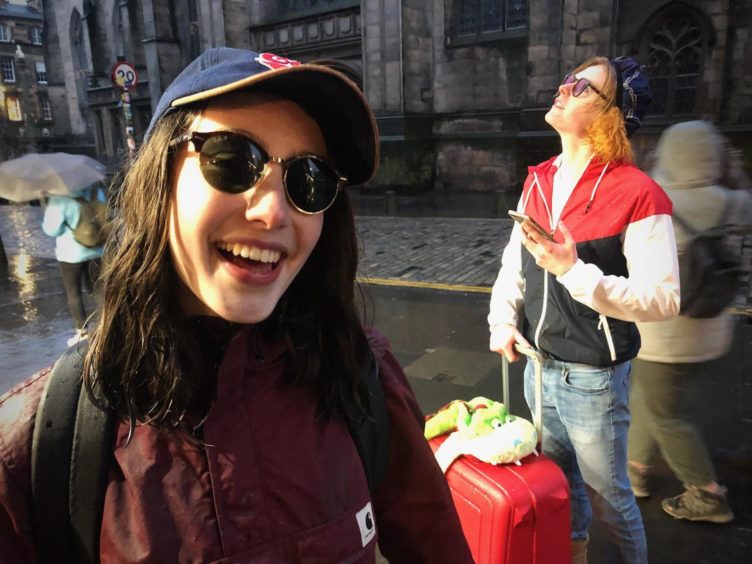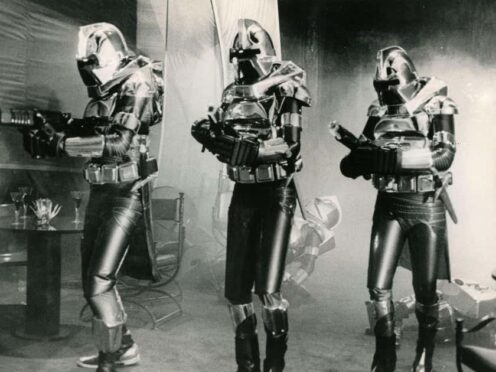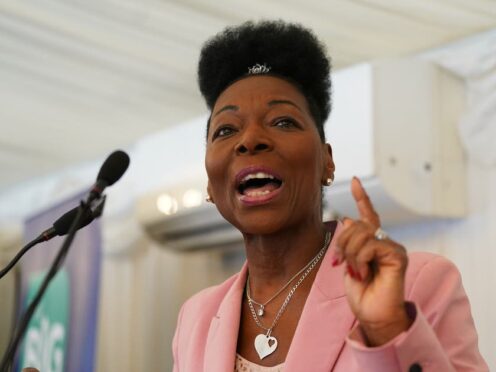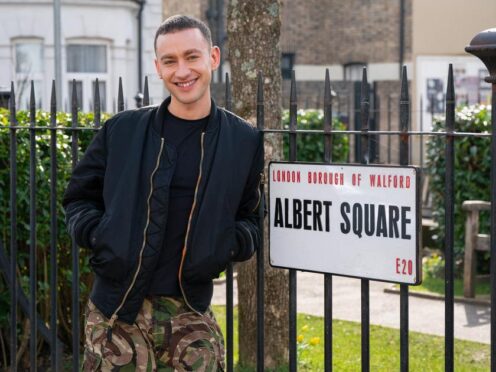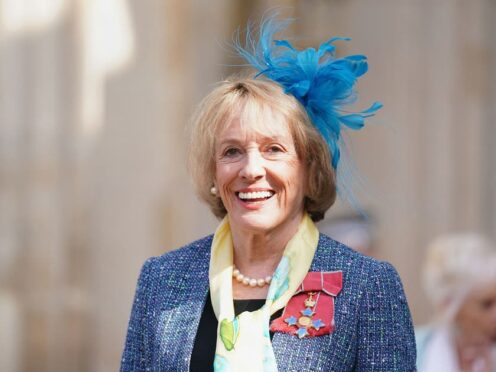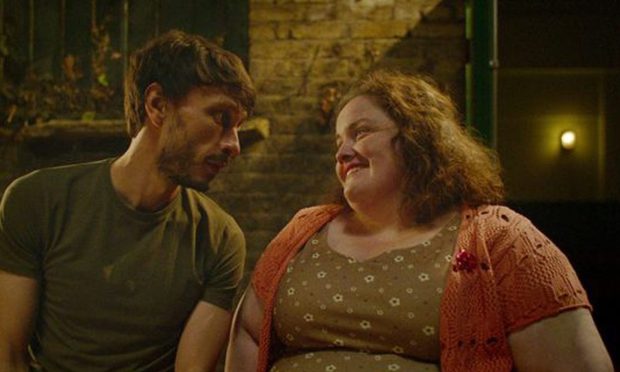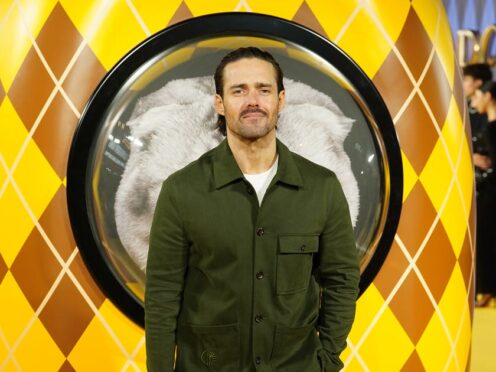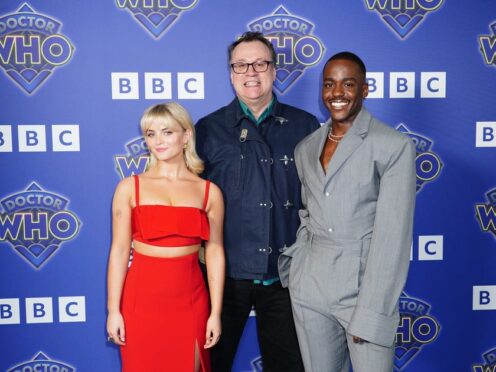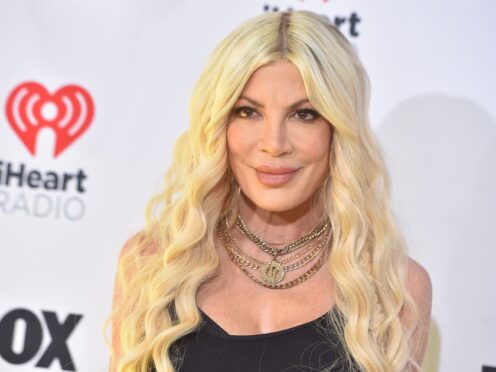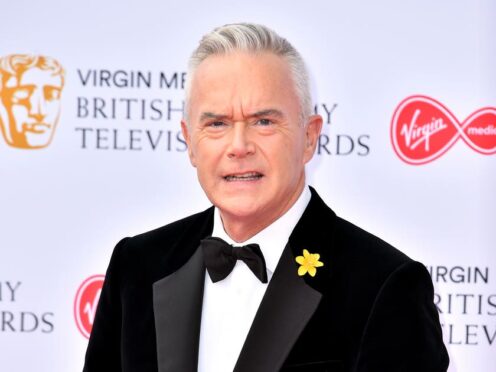“Is that Madonna?” asks Tanya, a mother of six children from the Bronx in New York, as she winces her way through last year’s viral video of Madonna, naked in her bath, delivering a hippyish monologue about the Covid-19 pandemic representing the moment when everyone finally becomes equal.
“I knew Madonna was out there already, but… no, girl,” continues Tanya, saying what we’re all thinking. “It’s not ‘the great equaliser’. And folks are shocked when other folks say, ‘eat the rich’ – it’s stuff like that that makes them look pretty yummy!”
A weekly documentary series could run for the next year and not begin to scratch the surface of how the pandemic has changed lives across the world.
Yet in the hands of documentary filmmaker James Bluemel, the three-episode Pandemic 2020 – the second of which aired this week – is doing an admirable job of feeling comprehensive.
Viewers may recall Bluemel’s stunning earlier series’ Exodus: Our Journey to Europe (2016) and the chronicle of a war, Once Upon a Time in Iraq (2020). Here, he’s collected testimony from people across the globe to build a collage portrait of the times.
The Great Divide
This second episode was subtitled ‘The Great Divide’, and looked at how the pandemic has created new national and global divisions, or amplified what was already there.
At first, Tanya is shown dealing with the tough but straightforward task of keeping her kids fit and educated during lockdown.
Yet later in the year she explains compellingly why, as a black woman, she felt she had to protest in the wake of George Floyd’s death, and her cameraphone footage shows the terrifying experience of being on that protest.
In Kenya, meanwhile, lockdown suppression by the authorities is next level, as we meet a couple who allege their young son was killed by a stray police bullet.
A Parisian photojournalist remains in the city to do her job while her partner and children lock down in the country, and her journey takes her to the deprived banlieue estates and then to Brazil; in Russia, a Bolshoi dancer creates heart-warming ballet videos in isolation, but then hints as he returns to work that he may be hiding Covid symptoms; the Beirut explosion shatters lives, and in a park a group of socially-distanced women play a game of charades whose subject is ‘dreams that won’t come true because of Corona’.
Bluemel’s programme can’t begin to give every perspective on what we’ve experienced, but as one of his subjects says, “it’s important to document… to know what people went through.” A window on the world outside our neighbourhoods and social media bubbles, it’s heavy but essential viewing.
As a lighter palate-cleanser, and also available on iPlayer now, the first episode of BBC Scotland’s Greetings from Scotland is for everyone who’s hopeful of a summer break in this country.
An archive footage look at the modern history of Scottish tourism, it starts with the arrival of the Aviemore resort in the 1960s, a rise-and-fall story which could make a film in its own right.
Elsewhere, the emergence of the Scottish Tourist Board in 1969 and subsequent efforts to inspect the dourness out of remote hotel staff and a bit of variety into the food offerings is told with a possibly overdone sense of sexy ‘70s kitsch.
By the end of it, though, you’ll be set to book a mini-break in the Highlands, and there’s no doubt the industry needs that.
